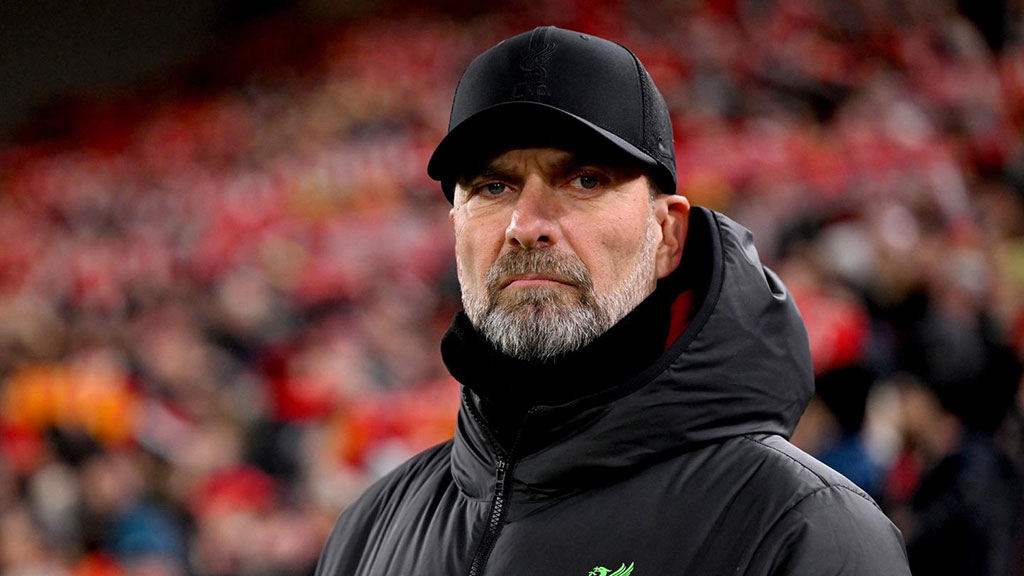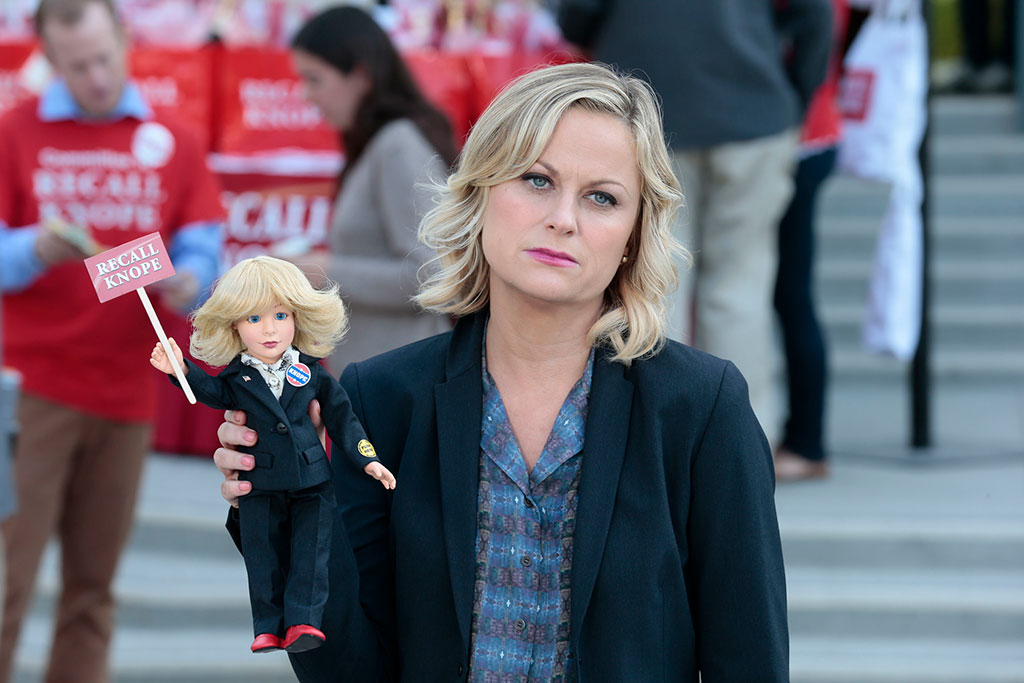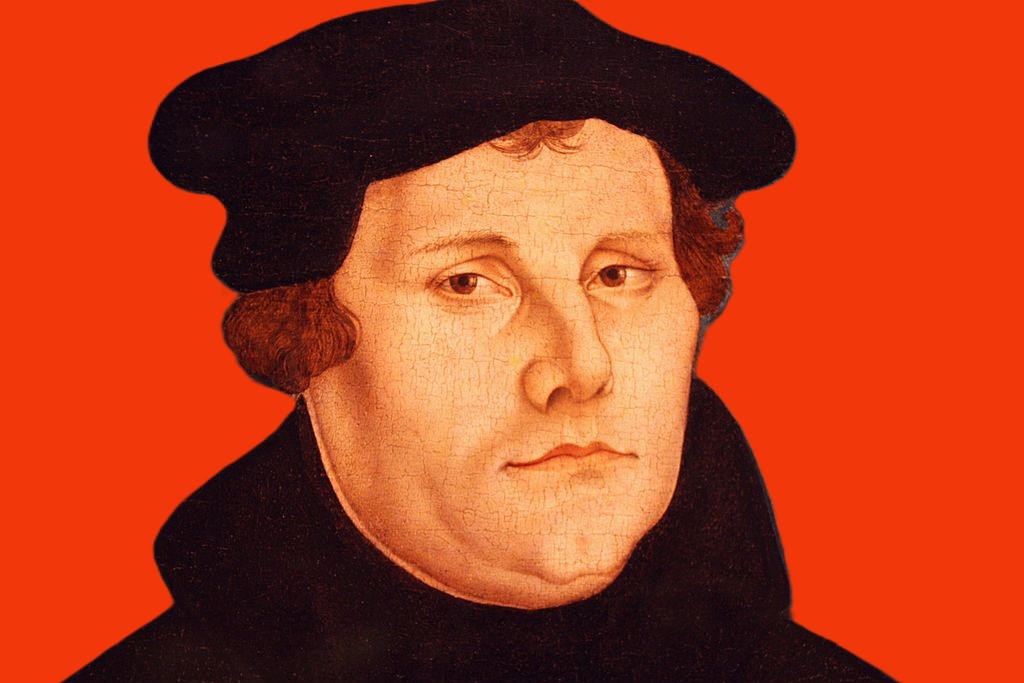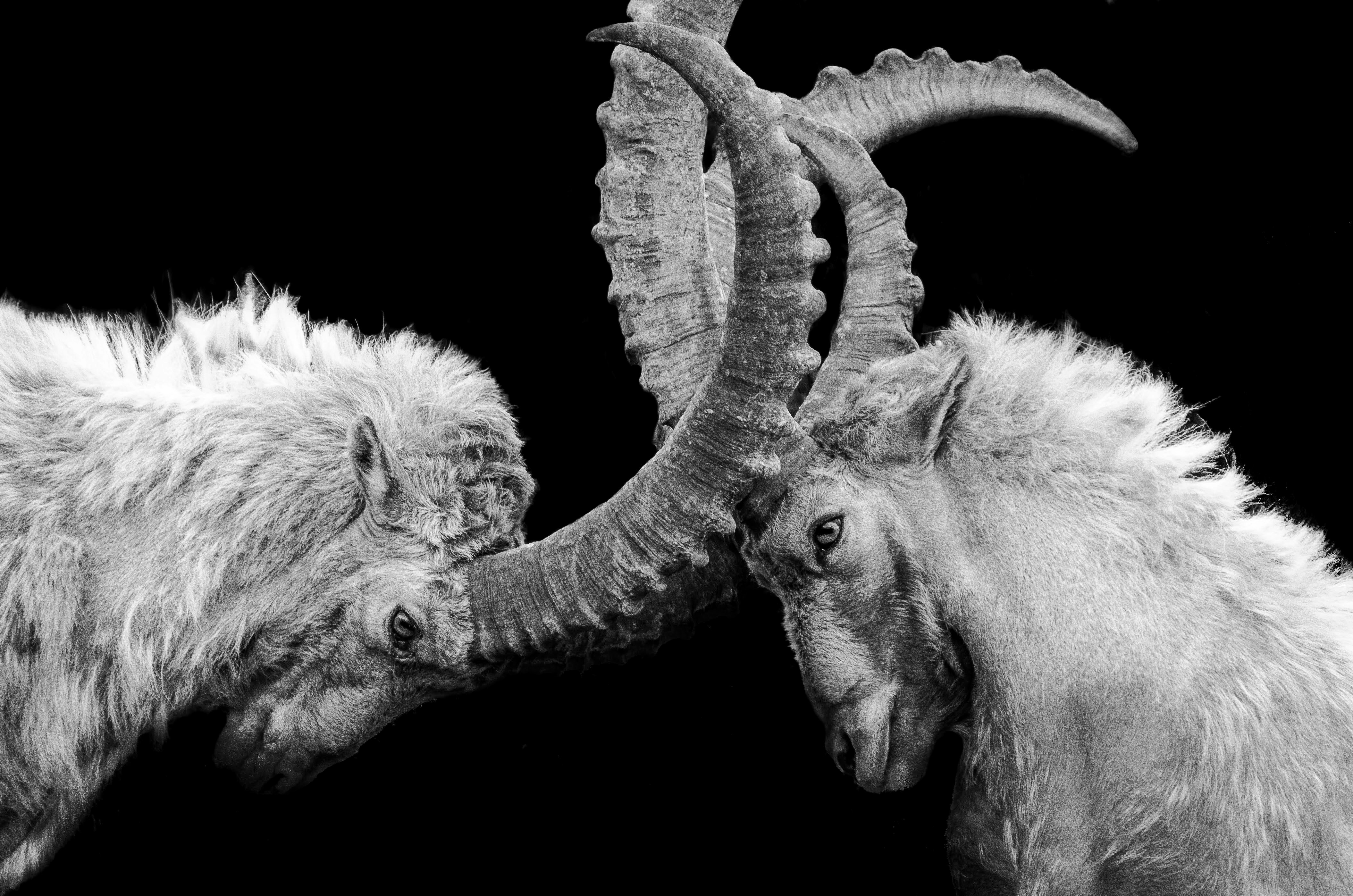
What is loyalty? As we plunge into this new year of 2025 it seems as pressing a question as ever. The war in Ukraine rumbles on, a fresh Labour government continues to struggle with public opinion, and America returns to the unpredictable rule of the first president in its history to be a convicted felon. The algorithms of social media continue to segregate and amplify different audiences into ever more closed feedback loops and echo chambers. This may bolster loyalty to a point of view, but estrange us further from our friends and neighbours whose loyalties lie elsewhere. All of these and many other cases highlight the conflict of loyalties in our society and wider world. What is even more obvious is that if we are to make peace, cultivate love for enemies, and pursue the common good, then perhaps the most in-demand virtue of 2025, at the top over every wish list, might just be loyalty.
But what really is loyalty?
I was struck by a persuasive answer given by Dr Tony Milligan, research fellow in philosophical ethics at King’s College London, during his appearance on a recent episode of The Moral Maze on BBC Radio 4 that asked ‘is loyalty a virtue or a vice?’ He said loyalty is, “Sharing another person’s commitments and the willingness to go through various kinds of adversity in order to pursue those commitments and to further them.” Under cross examination and asked if loyalty is then an absolute virtue he responded, “I think that it’s absolute in the sense that we absolutely need to have it, that it’s basic to the human condition and not optional.” His second interrogator, Giles Fraser, then suggested a ‘high doctrine of mates’. In this doctrine you are loyal to your mates in all circumstances, even if they are ‘wrong-uns’. Dr Milligan’s response, when asked how he would characterise this ‘doctrine of mates’ position, was fascinating: “Addiction.” Fraser then asked if that addiction could be love. “It’s a case of love, and we don’t get to choose the people that we love. We find ourselves in the predicament and then try to make the best of it…I love my wife Susanne, I’ve been with her 31 years, and it’s love, and it’s also addiction. I just can’t envisage a world in which I would be without her.” This framed Dr Milligan’s final powerful point: love, and the loyalty which love entails, gives us our sense of value.
I can bear witness to the truth of Dr Milligan’s intertwining of love and loyalty. Last autumn I became a father for the second time. My love for my eldest is so great that there was a real question: ‘if my love for my eldest is so total, so all encompassing, how can I possibly love a second as much?’ This question melted away as I gazed into her screwed-up face, moments after she entered the world. I am completely dedicated to ensuring that she flourishes and I would “go through various kinds of adversity in order to pursue” her flourishing. As Dr Mulligan also said, loyalty “is basic to the human condition and not optional.” Of course, how this total and non-zero-sum loyalty of love to both of my children actually works in practice requires of me thoughtful negotiation. If one wants to go to the park and the other wants to go to the swimming pool I cannot split in two and do both things at once. Loyalty, as finite human beings, requires wisdom in living in the middle of a messy network of demands and desires, of the preferences and needs of others.
If loyalty is then one thing, it is the willingness to recognise that we are tied to other people, whether we like it or not. Cain’s question to God, when God came looking for Abel, is still pertinent: “Am I my brother’s keeper?” Perhaps the greatest disloyalty is the implied ‘no’ in Cain’s rhetorical question. In denying that he is bound to his brother he is disloyal not only to Abel, but to himself because he denies his own humanity and isolates himself from the humanity of other people. If we isolate ourselves, having loyalty only to ourselves, we lose the joy of being fully human. If we simply kill those we dislike, whether literally (in war or murder) or metaphorically (‘unfriending’, cancelling, pretending they do not exist), then we follow Cain. Loyalty, as the tie that binds us to the messiness of the real world where people vehemently disagree all the time, requires not only wisdom then but courage also. It takes courage to commit to one person in marriage. It takes courage to raise a child. It takes courage to continue to talk with and to love those with whom you deeply disagree.
When practising our 2025 New Year’s resolutions let us make sure that amongst the commitments to get back to the gym and practice that new hobby that we remember to practice loyalty. Loyalty not only to those we love, but to those we might come to love. Let us be wise enough and brave enough to be fettered to those with whom we disagree, loyal to the humanity that binds us together.
Join with us - Behind the Seen
Seen & Unseen is free for everyone and is made possible through the generosity of our amazing community of supporters.
If you’re enjoying Seen & Unseen, would you consider making a gift towards our work?
Alongside other benefits (book discounts etc.), you’ll receive an extra fortnightly email from me sharing what I’m reading and my reflections on the ideas that are shaping our times.
Graham Tomlin
Editor-in-Chief











